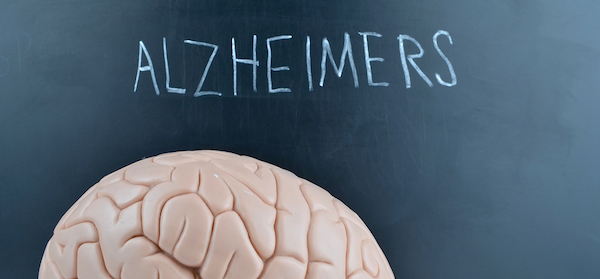It doesn’t just affect memory: Alzheimer’s also has a physical affect on your body. In fact, the physical changes can happen much earlier than severe memory loss for some people. As one study conducted in 2288 people aged over 65 found, problems with walking and balance may be the first sign of Alzheimer’s disease.
This is because not only the memory part of the brain is affected but also the part that controls movement. So, depending on the person, as the symptoms of Alzheimer’s can vary, they may experience:
- balance and coordination difficulties
- stiff and/or weak muscles
- the need to shuffle or drag their feet when they walk
- problems standing or sitting up in a chair
- trouble controlling their bladder or bowels
- seizures and uncontrollable twitches
- changes in sleep patterns.
Over time, such changes can make it hard to be physically independent: walking, eating, going to the bathroom, changing your clothes, cooking, brushing your teeth, etc. can become more challenging.
Learning about these changes and having the conversation with loved ones early, before the disease progresses, may help you to receive the increasing care that you might need.
Read more at WebMD.
Related articles on YourLifeChoices:
Five myths about Alzheimer’s
Ten warning signs of Alzheimer’s
Could aspirin prevent Alzheimer’s

